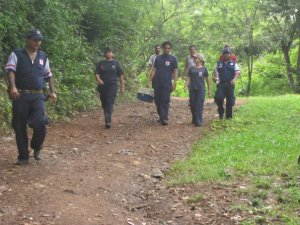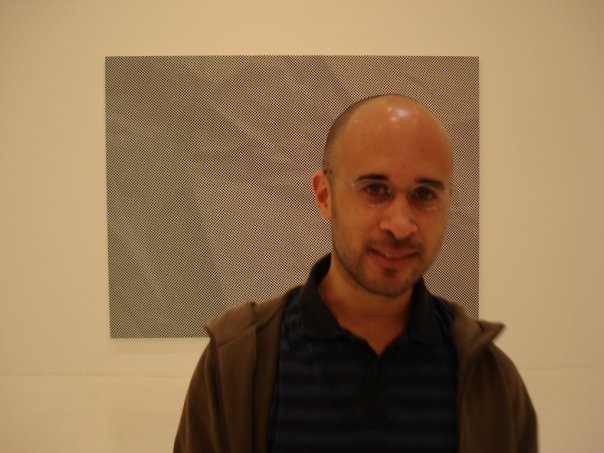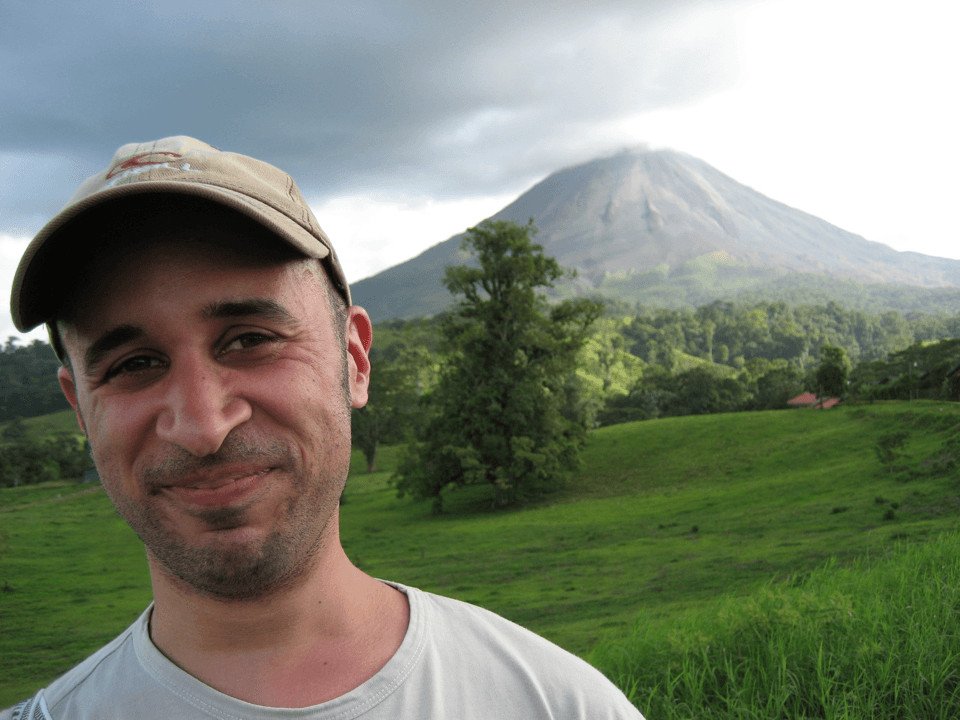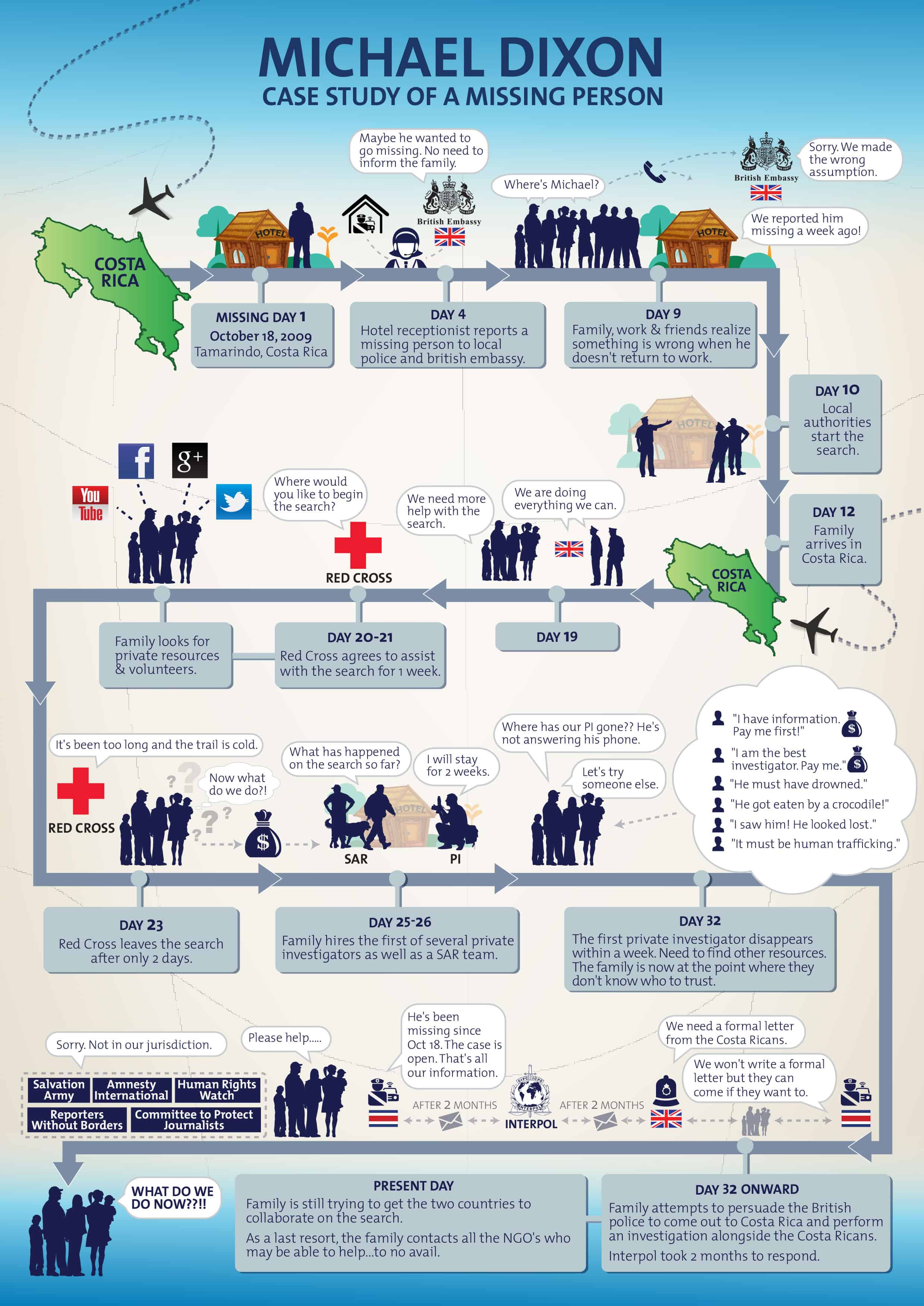This is what we know for sure: Michael Dixon was a journalist from the United Kingdom. He lived and worked in Brussels, Belgium. He decided to go on holiday to New York City for a few days. After that, he flew down to Costa Rica, where he intended to spend some time in the Pacific beach town of Tamarindo. On his second day in the country, he wrote an email to his family, saying that his bag had been stolen. Otherwise, all seemed to be well.
On Oct 18, 2009, at around 3 p.m., Dixon checked into the Villas Macondo Hotel. He told the receptionist that he planned to stay for one night. Three hours later, Dixon went out, probably to find something to eat.
The receptionist never saw him again.
When housekeeping staff entered Dixon’s room the next day, they noticed that his bed had not been slept in. The hotel management was concerned, so they sent a message to his work email. After three days without a sign of Dixon, the hotel contacted British and Costa Rican authorities and filed a missing persons report.
Five years have passed since that night, yet Dixon’s whereabouts are still unknown. The authorities of both Britain and Costa Rica consider it a cold case. After an involved – and ongoing – independent investigation, Dixon’s family has cultivated informed theories about the events that transpired, but hard facts are sparse.
“We are still not closer to finding out what happened to him,” David Dixon, Michael’s brother, told The Tico Times via email. “As a family is it still very difficult for us. Michael was a huge part of our family and he is dearly missed.”
What frustrates the Dixon family is not only Michael’s disappearance, but what they consider a catastrophically mismanaged investigation. According to David, the British Embassy did not inform the Dixon family of his disappearance; the family became concerned only when Michael failed to show up for work a week later. (David says the embassy later admitted this as a mistake and apologized.) He claims that the Judicial Investigative Police (OIJ) assigned the case to a junior officer, who struggled with the responsibility. The Dixons feel that the Costa Rican Red Cross put minimal effort into the search, and the Costa Rican government never sent a request for British assistance.
Part of the problem, said Dixon, was the international scope of the case: Michael was a British national, lived in Belgium, and vanished in Costa Rica. Interpol did not issue a yellow alert – indicating a missing person – until a year after Michael’s disappearance, according to David.
By the time Interpol issued the yellow alert, the Dixons were livid and aggressively pursuing their own investigation. They had no qualms about criticizing the authorities they felt had already failed them, and they have remained vocal with each passing year.
“We realize that the Costa Rican police has no intention of resolving these cases of missing tourists,” David told The Guardian on the third anniversary of his brother’s disappearance. “Three years on, all we really want to know is what happened so that we can try to come to terms with losing our loved one.”
“Our only hope is that someone comes forward with information,” said Lynn Dixon, Michael’s mother, in a press release the family distributed last week. “I know it’s been a long time. But Tamarindo is so small that someone must have seen something. If they’re afraid to come forward, we promise that they will be treated in strict confidence.”
About two million people visit Costa Rica each year, including an estimated 45,000 British nationals, and most of these travelers depart with fond memories and souvenirs. Costa Ricans are proud of their low crime rate, at least compared to other Central American countries. Most guidebooks warn of con artists, street scams, and crimes of opportunity, but insist that violence is not the norm. As for the outdoors, most hikers venture into the wilderness with a knowledgeable guide; it is unusual and ill-advised, for example, for a solo traveler to stay overnight in the rain forest. For most tourists, especially the resort set, the most dangerous part of a Costa Rican vacation is a riptide.
Yet strange things do happen here, and when tourists are murdered or vanish, these events send shockwaves through the media. The country is filled with protected land, remote towns, and poorly policed byways. The problem is not the probability of actual danger, which is low, but the availability of help if danger arises. Costa Rica’s tourism sector must strike a delicate balance: warning visitors to take precautions, be smart and stay safe, while insisting that the country is secure and family-friendly.

The stories that linger for years have to do with missing persons. Last July, Alaskan resident Cody Dial disappeared in Corcovado National Park, and while search teams have thoroughly surveyed the 424-square kilometer park, it is uncertain whether searchers will ever find him. Last August, Roma and Luda Gimelfarb marked the fifth anniversary of their son David’s disappearance in Rincón de la Vieja National Park. Before that, in 2005, an Australian man named Brendan Dobbins also went missing in Tamarindo, and although his remains were discovered a few months later, his death is shrouded in mystery.
The statistical rarity of missing persons cases is of little consolation to the families they leave behind. What has plagued the Dixon family more than anything is the uncertainty. In the past few years, they have created a Facebook page, a website, and a Twitter account. Their campaign, Help Find Michael Dixon, has attracted media attention from around the world. For each anniversary, the family has contacted media outlets and reminded the public of their plight.
Meanwhile, the Dixons have led their own independent search. David has visited Costa Rica and interviewed locals in Tamarindo. He claims to have learned a great deal that the police did not uncover or use in their investigation. According to David, witnesses say Michael visited a well-known local restaurant, where “he was seen surrounded by known troublemakers in the town.” David says he has the name of a local drug dealer – as well as the dealer’s street name – who he believes may have been involved. David theorizes that Michael was drugged and then escorted somewhere else. He feels certain that Michael was the victim of a violent crime.
But the scenario remains vague, and all these recollections and apparent clues do not yet bring that night into focus, much less build a case for foul play. To make matters worse, the usual cons have contacted them, offering bogus information or requesting money. The Dixons are haunted by their belief that, had they learned of Michael’s disappearance sooner, or had the authorities put more effort into the investigation, or had the three relevant nations communicated better from the onset, they might have found Michael, or even rescued him from harm. As always in such circumstances, we will never know.
Still, despite their anguish, the Dixons have remained grateful for the support they have received.
“The most helpful people have been the locals,” said David. “We met some amazing people while we were out there, people who really went out of their way to help us. They helped us to post missing persons posters around the town, helped to interpret and translate documents, drove us around to different towns to check the hospitals for any signs of Michael, drove us to meetings with the OIJ outside of town. We will be forever grateful to these people. We even had a local businessman set up a hotline number for witnesses to call us on.”
Most media gloss over one aspect of the story: Michael Dixon himself. While missing persons tend to become symbols of loss and potential tragedy, the Dixons have continued to remember him as a living person.
“He remains in our thoughts daily,” said David. “Since Michael has been missing so much has happened in my life which I would like to share with him, such as getting married and the birth of my daughter who is now two years old. Also other things, like updating him on this favorite music artists or actors – Michael was a huge music and movie fan.”
Michael Dixon was 33 years old in 2009, and in photographs he looks young and affable. He has a shaved head, tiny spectacles, a stubbled chin, sleepy eyes, and a goofy smile.

While headlines referred to a “missing journalist,” Dixon’s disappearance had nothing to do with his work. David confirmed that Michael was on holiday, and no event in Tamarindo could possibly have had to do with his duties as a reporter. Indeed, Michael’s journalism was fairly sedate: He contributed to RISI, a news service for the paper and pulp industry. Michael had no apparent enemies, especially in a country he had visited for only a few days. If Michael was the victim of violence, it was likely a matter of being at the wrong place at the wrong time.
After a half-decade without Michael, this anniversary is particularly difficult to commemorate.
“We are not doing any vigil or fundraiser,” said David. “[We’re] just reaching out to all travelers and locals who may have any information to come forward and speak to us. This is our only hope to get closer to understanding what happened to him.”
If you have any information pertaining to the disappearance of Michael Dixon, please call +44 7920 792 204 or write to info@helpfindmichaeldixon.com.







